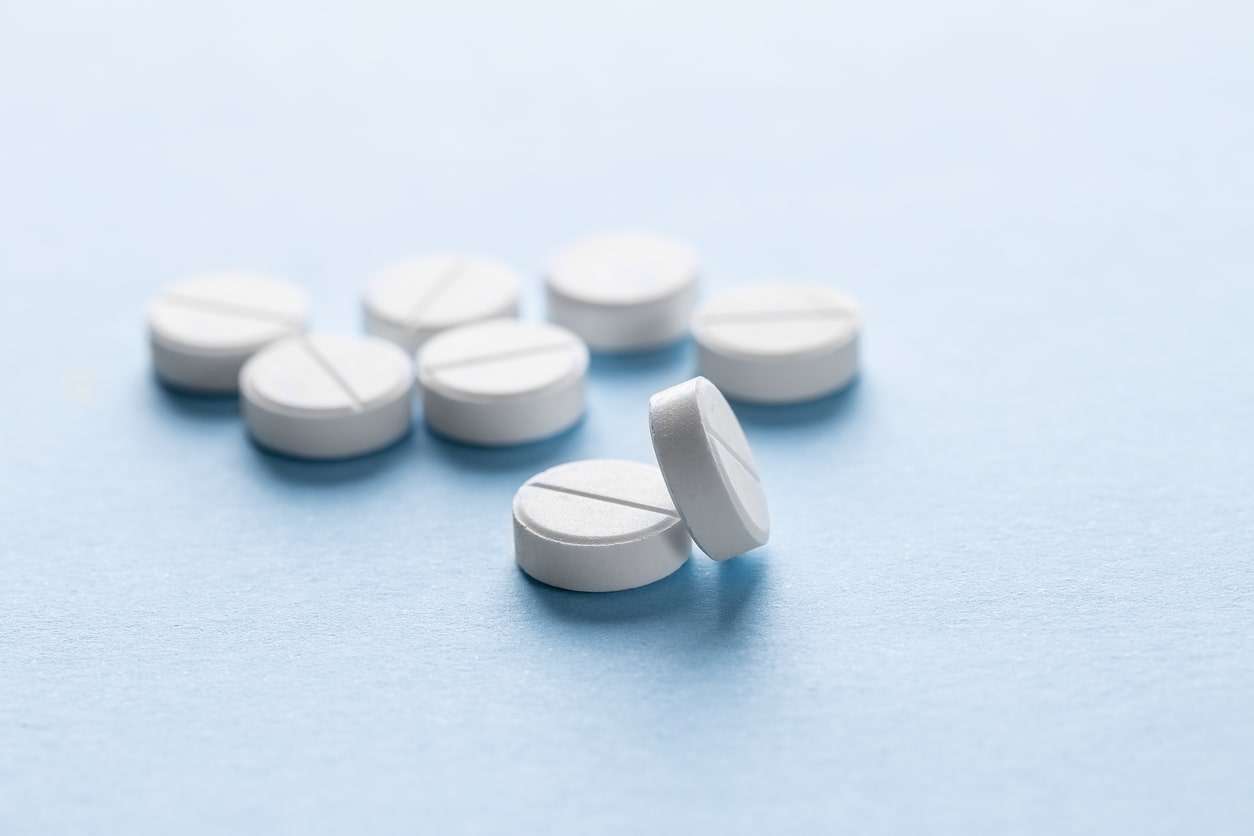Alcoholism and Alcohol Abuse are scary. Liver damage and cirrhosis are the most common symptoms of alcohol abuse. Unfortunately there are many, many more. Most people don’t know about alcohol induced dementia. But if you’re worried about the drinking of you or a loved one, you need to know about alcohol induced dementia.
What to do if you’re worried about alcohol induced dementia?
If you are worried about alcohol induced dementia, it’s probably because you’re drinking too much. And if you’re suffering from alcohol abuse (technically, alcohol use disorder) you can’t just conquer it with force of will. You need alcohol detox for alcohol withdrawal symptoms at Detox Atlanta. The side effects of sudden alcohol withdrawal symptoms range from agonizing to painful and even life-threatening. That is, unless you get help and alcohol detox at Detox Atlanta. Give us a call today at (470) 828-2226. We’ll take care of the rest.
What is alcohol induced dementia
Alcohol-induced dementia is a form of cognitive impairment caused by the chronic consumption of alcohol over an extended period. It is one of the potential consequences of long-term alcohol abuse and is characterized by a decline in memory, thinking, and reasoning abilities. This condition can range from mild cognitive impairment to severe dementia, where individuals may struggle with everyday tasks and require assistance with daily living.
Key Features of Alcohol-Induced Dementia:
- Memory Impairment: Difficulty recalling recent events, names, or faces. Long-term memory may be less affected in the earlier stages.
- Executive Dysfunction: Challenges in planning, organizing, decision-making, and problem-solving.
- Personality Changes: Mood swings, irritability, and a lack of inhibition can occur. In some cases, depression or anxiety may develop.
- Motor Skills Decline: Problems with coordination, balance, and fine motor skills can be evident.
- Language Difficulties: Trouble finding words, following conversations, or understanding complex language.
Causes and Mechanism:
- Direct Neurotoxic Effects: Alcohol has a toxic effect on brain cells, leading to brain shrinkage and loss of neurons, particularly in regions associated with memory and cognition.
- Nutritional Deficiencies: Chronic alcohol use can lead to deficiencies in essential nutrients, particularly thiamine (vitamin B1). This can cause Wernicke-Korsakoff syndrome, a specific type of alcohol-related brain damage that includes symptoms of dementia.
- Repeated Head Trauma: Alcohol abuse increases the risk of falls and head injuries, which can further contribute to cognitive decline.
- Vascular Damage: Alcohol can lead to hypertension and damage to blood vessels, increasing the risk of strokes and other vascular events that can impair brain function.
Treatment and Management:
- Abstinence: The first and most critical step is stopping alcohol consumption. In some cases, cognitive function may improve once alcohol use is discontinued.
- Nutritional Support: Addressing nutritional deficiencies, particularly thiamine, through diet and supplementation is essential.
- Cognitive Rehabilitation: Therapy and activities designed to improve memory, problem-solving skills, and other cognitive functions.
- Supportive Care: In severe cases, patients may require assistance with daily living activities and long-term care.
- Medication: There are no specific drugs for alcohol-induced dementia, but medications might be used to manage symptoms such as depression, anxiety, or agitation.
Early intervention and treatment are crucial in managing alcohol-induced dementia. Stopping alcohol use and receiving appropriate care can significantly improve quality of life.
How do I prevent alcohol induced dementia?
*Hint* It rhymes with “Alcohol Detox”
Alcohol detox is a critical first step in addressing alcohol-induced dementia, as it halts the ongoing damage caused by chronic alcohol consumption. By eliminating alcohol from the body, detox allows the brain to begin the healing process, potentially reversing some of the cognitive decline associated with alcohol-induced dementia. Detox also provides an opportunity to address nutritional deficiencies, particularly thiamine (vitamin B1), which is essential for brain function and can help alleviate symptoms of dementia. The sooner detox is initiated, the better the chances of slowing or even partially reversing the progression of alcohol-induced dementia.
How quickly can alcohol detox treat the symptoms of alcohol abuse?
The speed at which alcohol detox can alleviate the symptoms of alcohol abuse varies depending on several factors, including the severity of the abuse, the duration of alcohol use, the individual’s overall health, and whether there are any co-occurring medical or mental health conditions. Here’s an overview of the detox process and how quickly it can address symptoms:
1. Acute Withdrawal Symptoms:
- Timeline: Acute withdrawal symptoms typically begin within 6 to 24 hours after the last drink and can last for several days, usually peaking around 24 to 72 hours.
- Symptoms: These can include anxiety, tremors, sweating, nausea, vomiting, headaches, and, in severe cases, seizures or delirium tremens (DTs), which are medical emergencies.
- Treatment: Medical detox can help manage these symptoms, often using medications such as benzodiazepines to reduce the risk of seizures and ease anxiety. The acute phase is generally resolved within 3 to 7 days.
The key to successful recovery is a comprehensive approach that includes medical detox, behavioral therapy, and ongoing support to address the physical, mental, and emotional aspects of alcohol dependence.
Getting the help you need with Atlanta alcohol detox
If you’re ready to make a change and looking for alcohol detox in Atlanta, you should consider getting help from Detox Atlanta. We know how hard it is to admit that you or a loved one needs help. Give us a call today at (470) 828-2226. We’ll take care of the rest.






